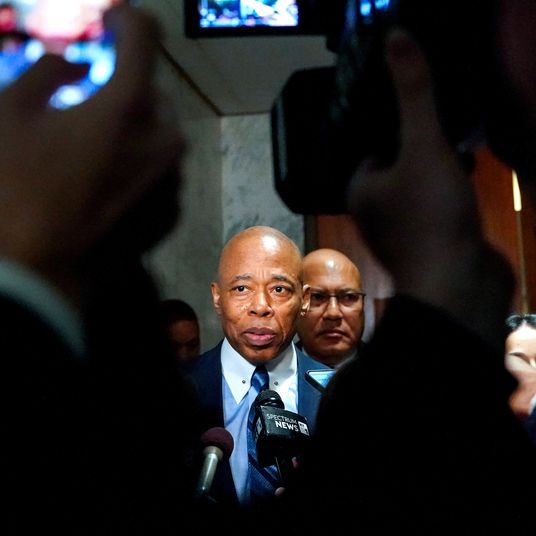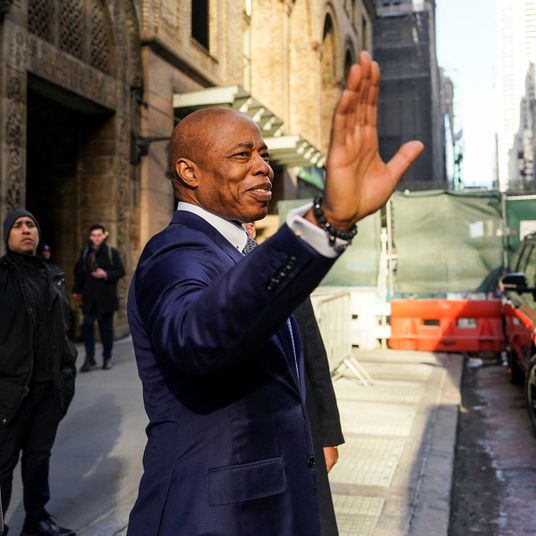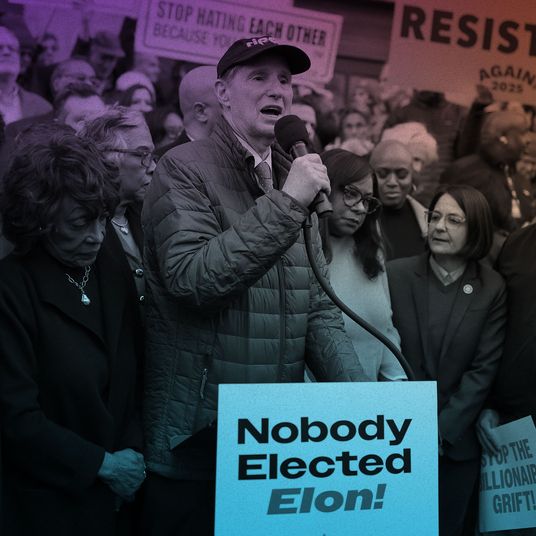
The evidence is mounting that perhaps the trio of Greenwich-based money managers who have come forward to claim a hefty Powerball payout might not actually be the same people (or person) who purchased the ticket. It’s no longer just the less-than-reliable Daily Mail that’s quoting anonymous sources who say the men are the public face for a client: The Times reports that the men have hired a PR firm to deal with the fallout, and adds that “A neighbor of one of the asset managers told DealBook that the trust was set on behalf of another person; the two had communicated about the matter on Tuesday, the neighbor said.”
So who might the money managers be covering for?
Theory 1: Someone else wealthy. The reason this story got so much attention in the first place was, of course, the “Rich Get Richer” angle. These guys don’t seem to be terribly bruised by the negative attention, but perhaps the mysterious client they’re acting on behalf of is a more sensitive soul. This theory doesn’t seem all that realistic, though. For one thing, study after study has shown that the wealthy are far less likely to play the lottery than those who are less well-off.
Theory 2: Someone who really, really hates the spotlight. Like, pathologically so. A recluse. Thomas Pynchon! He seems like a guy who might get a kick out of pondering fate and the vicissitudes of the universe and scratch-and-wins, no?
Theory 3: A super-smart stats whiz who hacked the lottery. This is no longer just the stuff of Hollywood scripts. In the past few years, there have been at least three high-profile instances of this that have surfaced. One guy, a geological statistician, figured out a way to game scratch cards. A couple in Boston has figured out when a certain game is likely to pay out, and buy tickets in bulk during that period. Most relevantly, a woman in Texas with a doctorate in statistics has mysteriously managed to win the state lottery three times to the tune of $21 million — and there’s some evidence, as laid out recently by Nathaniel Rich in Harper’s, that she brought her academic training to bear on her ticket purchasing. Our money (the $1 we would have put toward a lotto ticket) is on something like that, since a lottery hacker would be highly motivated to stay anonymous. Unless …
Theory 4: Barack Obama. This is his plan to solve the debt crisis.





























